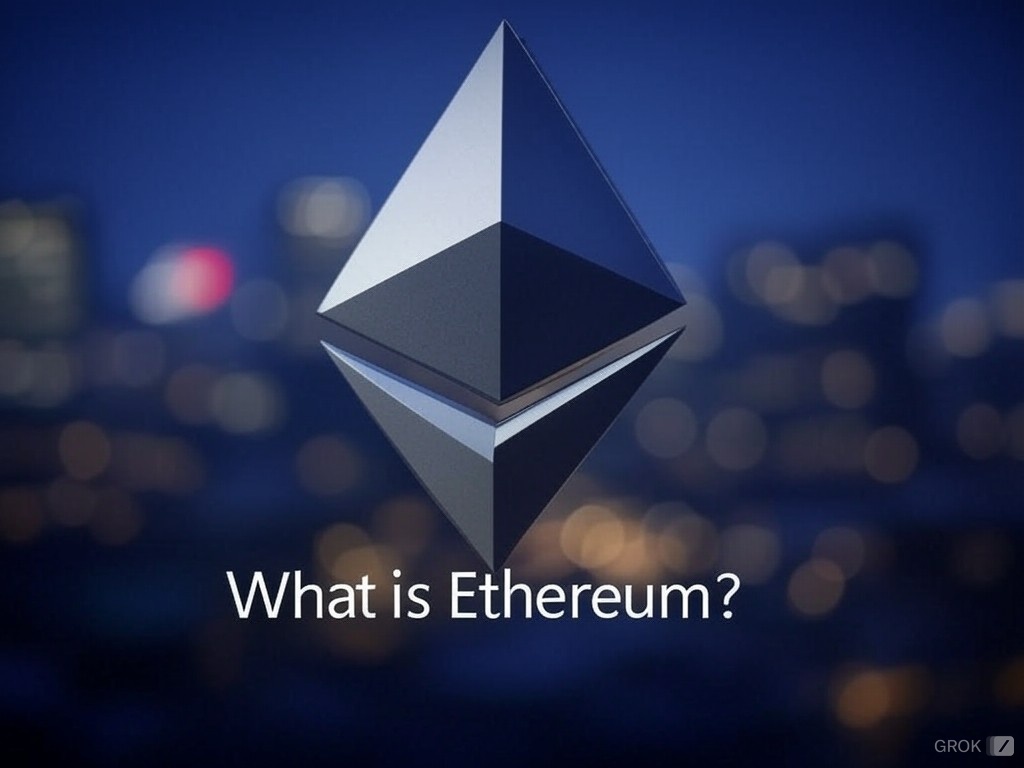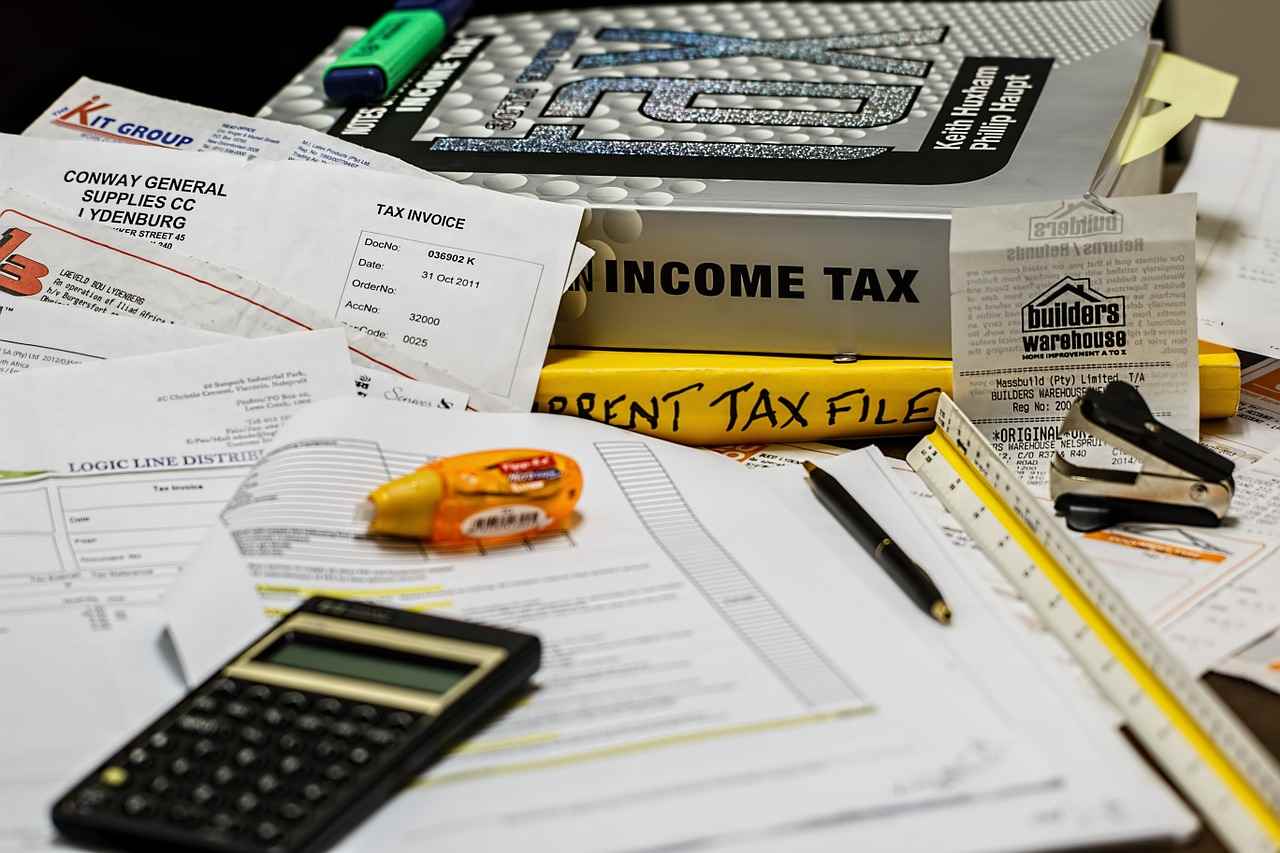

After the very first Crypto Summit at the White House, crypto czar David Sacks engaged in a conversation with entrepreneur Jason Calacanis. During their tête-à-tête, Calacanis threw a striking idea on the table: a mini-tax of 0.01% on every crypto transaction in the US, directly collected in the digital currency of the deal. But Sacks? He wasn’t too keen on it.
Calacanis explained that such a small levy could be a smart middle ground. It could finally give the crypto industry some much-needed legitimacy and satisfy the regulators at the same time. The proceeds? They would end up in a government reserve. “Imagine: a seamless integration of crypto into the financial system, without it hurting your wallet,” he pitched to Sacks, Trump’s crypto advisor. But Sacks didn’t bite. He referred to the income tax of the past: “It also started small, only for the rich, they said. And look now – everyone pays.” His point? New taxes, however small, tend to grow. “I’ll pass, thanks,” he concluded.
The conversation took a different turn when Calacanis scrutinized Ethereum (ETH). “It’s disappointing, maybe better to exchange for Bitcoin (BTC),” he suggested. Sacks nodded in agreement. As a crypto czar, he emphasizes smart portfolio management. “With a finance minister who understands how hedge funds work, you can manage such a reserve well,” he said. Limiting risks and retaining value, that’s key according to him if the government wants to keep crypto in cash.
And then the memecoins. Sacks compares them to baseball cards: purely speculative, driven by hype. “Let creators release and sell them freely, as long as they are honest that it’s worthless,” he believes. But woe betide if a project pushes a token as ‘super functional’ or ‘better than Bitcoin’. Then, according to Sacks, they should be held accountable for those big words. A clear distinction between fun-coins and serious projects, then.
In short, it was a heated discussion between two heavyweights. Calacanis wants to regulate things with a mini-tax, Sacks prefers to keep it free and practical. What do you think – does that 0.01% stand a chance, or is crypto better off without extra government fingers in the pie?